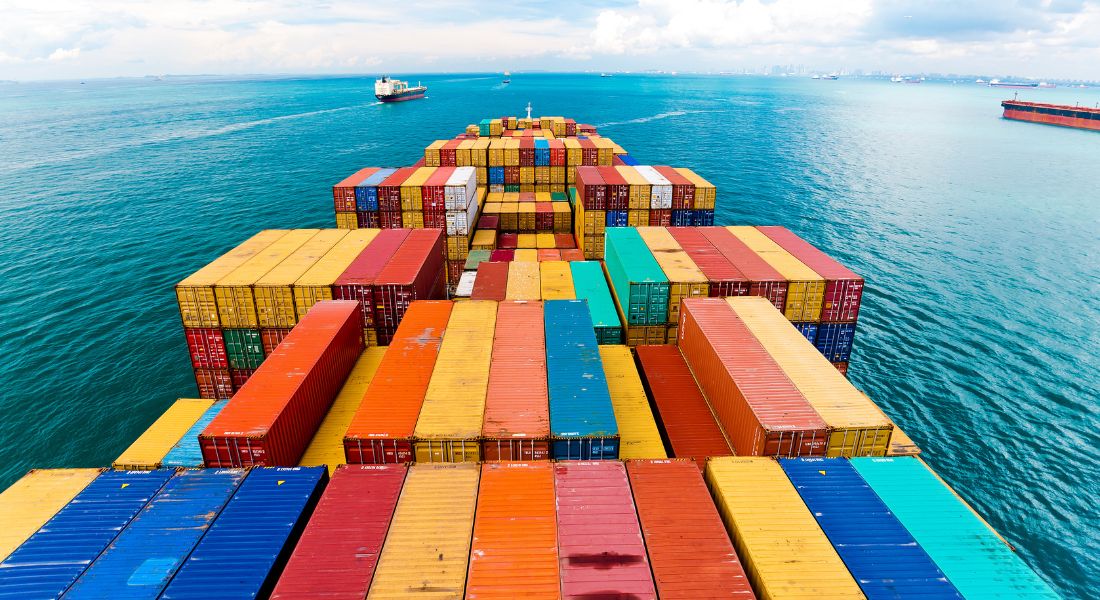Things To Consider Before Expanding Your Business Globally
Embarking on the journey of global expansion can be both exhilarating and challenging for businesses. It’s like venturing into uncharted waters, filled with immense possibilities, but not without its share of hurdles. Whether you are a small start-up aiming to tap into new markets or an established enterprise seeking to strengthen your global footprint, it is crucial to approach this decision with careful deliberation. Explore several important things to consider before expanding your business globally to ensure you have a well-crafted strategy in place.
Review Options for Shipping Goods Internationally
Shipping goods internationally is a critical aspect of global business expansion. Your choice of shipping method can significantly impact your operational costs, delivery time, and customer satisfaction. Consider different options, like air freight for quick but expensive deliveries, sea freight for bulk shipments, or express couriers for small and urgent packages. It’s crucial to understand the pros and cons of each option in relation to your specific business needs. Review the common causes of freight damage during shipping before settling on a transportation method for your goods. Additionally, you must familiarize yourself with customs procedures, import duties, and taxes in the destination countries. Partnering with reliable logistics providers who have a strong global network can ease this process, helping you navigate the complexities of international shipping.
Assess Legal and Regulatory Considerations
Stepping into the global market means complying with a new set of laws and regulations. Each country has its own legal framework that governs business operations, and non-compliance can lead to hefty fines, legal disputes, or even business closure. As such, one of the most important things to consider when expanding your business globally is whether your company is prepared to manage the logistics that come with international commerce. Issues such as intellectual property protection, data privacy, employment laws, tax regulations, and import-export restrictions are some key areas to consider. It’s advisable to seek advice from legal experts or consultants who specialize in international business law. They can help you understand the regulatory landscape of your target market and ensure your business practices align with local laws.
Explore Cultural Differences and Local Business Etiquette
Understanding cultural differences and local business etiquette is essential to succeeding in a foreign market. Culture influences consumer behavior, communication styles, negotiation tactics, and even perceptions about your product or service. For instance, while hard selling may work in some countries, it might be viewed negatively in others where relationship-building is valued more in business dealings. Similarly, concepts of time, hierarchy, and formality can vary widely across cultures. Therefore, it’s important to research and respect these cultural nuances, adapt your business strategies accordingly, and invest in cross-cultural training for your team. This not only helps avoid cultural faux pas but also builds trust and rapport with your local partners and customers.




